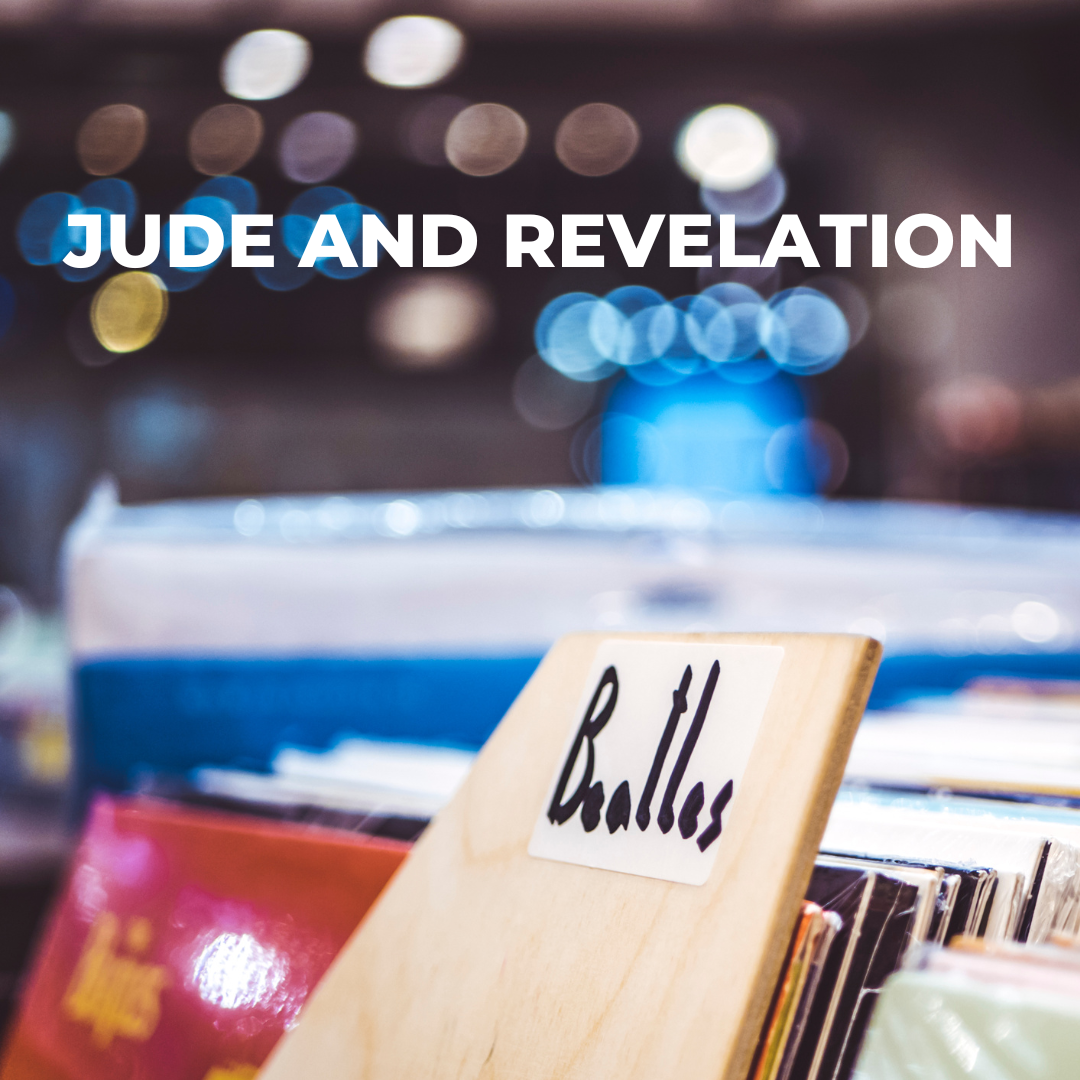
Na... na... na... na-na-na-na... na-na-na-na...
— "Hey Jude," Paul McCartney
It was midnight on a Friday night when a local radio station began rolling out the Top 100 songs of all time. I was about ten and staying overnight at a friend's house with five others. We all played on the same youth basketball team, and despite the fact that we had a game the next morning at 8:00 AM, while the others began to doze off, I found myself mesmerized more and more each hour by what was emerging from the radio. Finally, just before dawn, with my friends still asleep, the DJ introduced the top song.
Hey Jude, don't make it bad,
Take a sad song and make it better.
Remember to let her into your heart,
Then you can start to make it better.
Now along with the simple piano chords, a gently jangling tambourine joins in, hitting the downbeats with the quiet strumming ring of an acoustic guitar in the background. Soon perfectly harmonized voices—John Lennon's, George Harrison's—are added.
Hey Jude, don't be afraid.
You were made to go out and get her.
The minute you let her under your skin
Then you begin to make it better
The music stirs further, building, holding back, rising, and turning again until, at about the three-minute mark and still less than halfway through the song, there's an incredible sonic lift:
Na... na... na... na-na-na-na...
Na-na-na-na... Hey Jude.
As a little kid, my favorite Beatle songs were the deceptively simple Ringo tunes—"Yellow Submarine," "Octopus's Garden"—early Lennon and McCartney—the ebullient "Eight Days a Week" and "Love Me Do." I'd heard "Hey Jude," but I'd not really listened to it. But now it stirred that singing feeling of life inside me. At the end of a long night of listening to music, it all felt more discovered than composed—a revelation.
"Everyone knows it. Consider that," James Campion writes in his terrific book, Take a Sad Song: The Emotional Currency of Hey Jude. "Everyone. All over the planet.... For over half a century it has been a communal celebration of song with no language barrier. Infectious. Commanding. Unforgettable...."
"Hey Jude" was released in August of 1968 and remained atop of the US Billboard charts for an astonishing nine weeks. It hit #1 in eighteen other countries as well. Its duration—seven minutes and eleven seconds—was unprecedented for a pop song. Paul McCartney, the song's composer, acknowledged, "It wasn't intended to go on that long," but he along with John, George, and Ringo evidently knew what they had. They had ears, after all. A lament, a desire, an intimate yet universal pep talk during an otherwise dark year, the song, even now over a half century later, produces abject joy in some, bringing others to tears, sometimes both at the same time. When played live—whenever, wherever—it prompts powerful, memorable, beautiful sing-alongs. It's one of those tunes that because you've heard it all your life, you forget how incredibly life-affirming it is.
And anytime you feel the pain, hey Jude, refrain,
Don't carry the world upon your shoulders.
Though not a religious person, McCartney grew up singing in the boys' choir and playing the bells at St. Barnabus Anglican Church in Liverpool and, because it appears in the English Book of Common Prayer, would certainly have sung a 1907 liturgical piece written by English composer, John Ireland, called Te Deum Laudamus in F Major. If you listen to the beginning of Ireland's Te Deum, it's clear McCartney unconsciously drew from these first few notes when he wrote "Hey Jude." Likewise, while the words of the song famously reflect a conversation between Paul and John Lennon's young son, Julian—the Jude referenced in the lyrics—it's interesting to note also that St. Jude is the patron saint of lost causes. Surely this wasn't lost on the song's singularly brilliant composer.
What's not in doubt at all though is that McCartney's lyrics and vocal performance take the listener on a pilgrimage through what at first seems to be sad song, but ends with an epic and sublime coda—what those in the church might call an amen cadence—and what Campion in his book calls the "infinity part" (the na, na, na's), joyfully reinforcing the song's message of perseverance in life and in love. The song assures not only a young boy, but the rest of us, that we're all going to get through this.
For well you know that it's a fool who plays it cool
By making his world a little colder.
God — Thank you for the revelation of music and that singing feeling of life. Amen.
— Greg Funderburk





